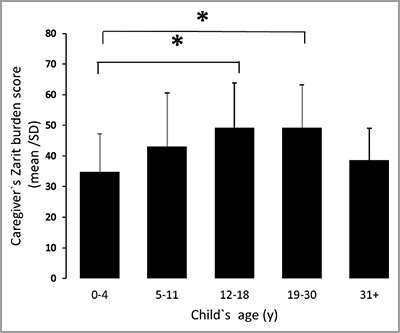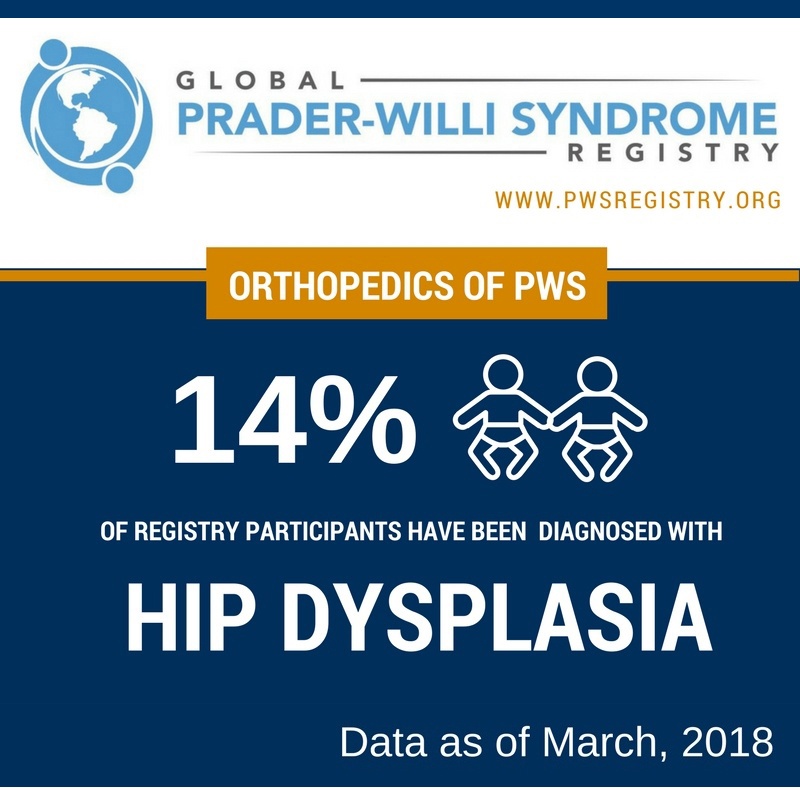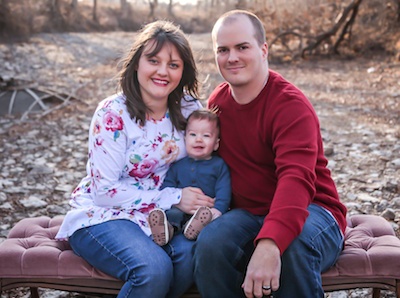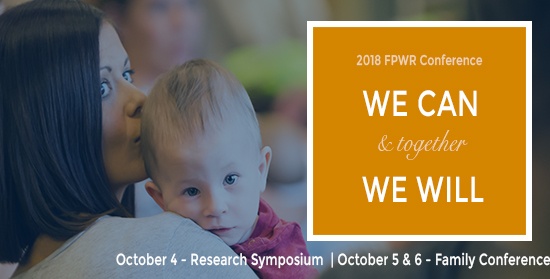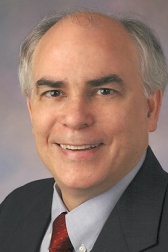Topics: Research
PWS places a high burden on caregivers, impacting many aspects of their lives, according to a new publication in PLOS. The publication, High Levels of Caregiver Burden In Prader-Willi Syndrome, is the first stemming from the work of the PWS Clinical ...
Many people with PWS have at least one orthopedic (bone/muscle) problem. A recent paper examines the how often hip dysplasia occurs in children with PWS (spoiler alert — it may happen more often than was previously thought), and offers new recommenda...
Topics: Research
A special contribution by guest blogger Marissa Marinan Marissa shared her story via our Stories of Hope questionnaire.
Topics: Stories of Hope
As my second month in my new role as FPWR's CEO concludes, I would like to reflect on some of my early observations and experiences with this truly incredible Prader-Willi community. During the short time I've been in this role, I've met or spoken wi...
Topics: Stories of Hope
Dr. Christian Schaaf and his group, in collaboration with Dr. Jennifer Miller, has published a new study examining clinical similarities and differences between Prader-Willi syndrome (PWS) and Schaaf-Yang syndrome (SYS). Dr. Schaaf was the first to d...
Researchers are making progress every day toward FPWR's mission of eliminating the challenges of PWS and advancing therapeutic development. When their discoveries are published, that's an exciting moment for our community! So far in 2018, two notable...
Topics: News
A big shout out to Dr. Dan Driscoll today! He is at a meeting of the ICD-10 Coordinating & Maintenance Committee (CMC) in Baltimore, making the case that PWS should have its own, unique ICD-10 code. What’s an ICD-10 code, you may ask? That’s the ...
Topics: News
Behavior and mental health issues are important aspects in Prader-Willi syndrome (PWS), impacting many individuals with the syndrome and their families. In particular, one of the most challenging aspects for families to deal with can be symptoms of s...
Topics: Research




